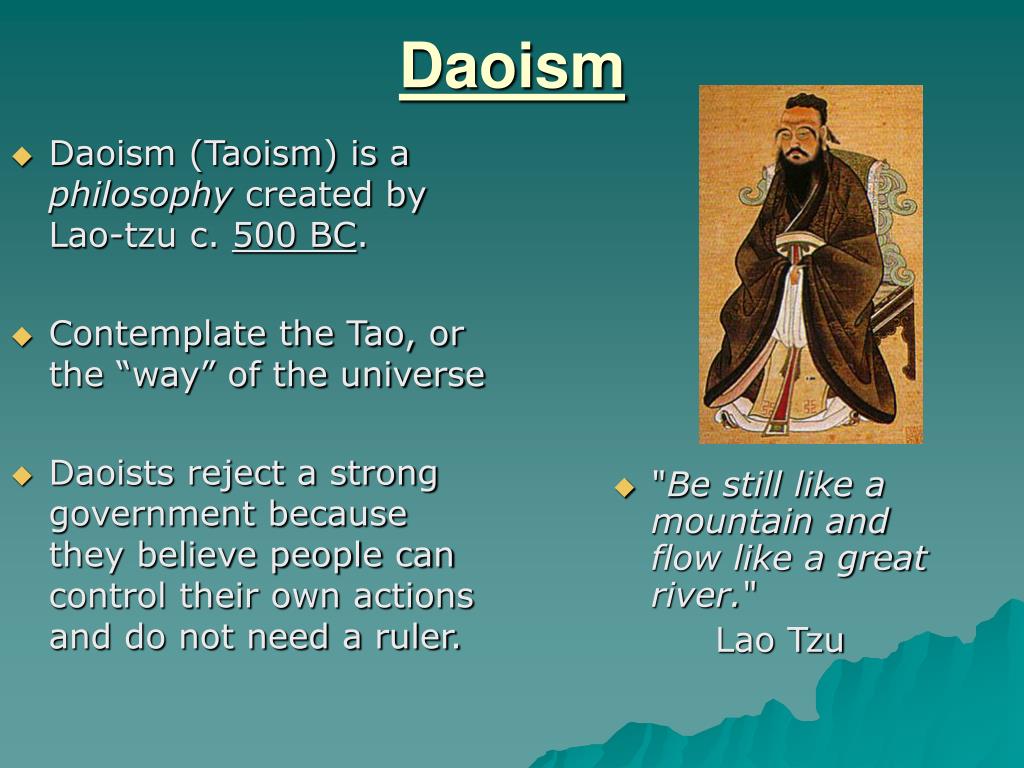There is no non-swimmer’s pool in the study of philosophy. No textbook tells students how to study philosophy. Students learn what philosophy is by themselves. Even the departments of different universities do not agree on what philosophy is, and there is also no consensus within a philosophy department as to what philosophy does. For this reason, each student must make up his or her own mind about why he or she should study philosophy.
Theoretical and practical philosophy are separated, with the result that research institutes and academic journals concentrate exclusively on certain areas of philosophy. Philosophical aesthetics are somewhere in between. Some philosophers write thick books, while others publish short articles. Some philosophers see themselves in the tradition of Plato’s Academy, while others would prefer to forget the history of philosophy.
I argue that professional philosophy is always in the tradition of Plato: without Plato’s professionalization of philosophy through the founding of the Academy, there would be no philosophy as an academic discipline.1 This means that the origin of systematic thinking and analytical problem solving can be found in the Platonic dialogues. However, Plato’s texts do not only attempt to clarify concepts. Above all, the dialogues are intended to stimulate personal reflection and wonder. As a result, these texts cannot be exclusively categorized as philosophy or literature. What is central to the dialogues is that they motivate readers to think for themselves. Every contemporary philosophical text tries to encourage us to think for ourselves, and the study of philosophy should lead to this goal. In my experience, however, this quality has almost been lost during the academic study of philosophy.

What could have led to the fact that the study of philosophy does not encourage independent thinking? During their studies, students learn to conform to certain orders and deadlines. The content presented to them is merely to be reproduced, and the study of philosophy also teaches students not to genuinely question the opinions of the authorities. Speusippus was Plato’s successor as head of the Academy.2 He rejected Plato’s doctrine of ideas.3 The opposite is taught at the universities. Students are taught not to doubt the opinions of their teachers. Even the opinions of fellow students are not to be radically challenged in class. In philosophy, as in any other field of study, students are not allowed to openly express their own opinions.
Joseph Wright of Derby, A Philosopher Giving a Lecture at the Orrery (1766). Derby Museums and Art Gallery, England.
What can students do to think creatively and originally? They must retain the sense of wonder with which they began their studies, and which motivated them to study in the …
Read the full article which is published on Daily Philosophy (external link)





